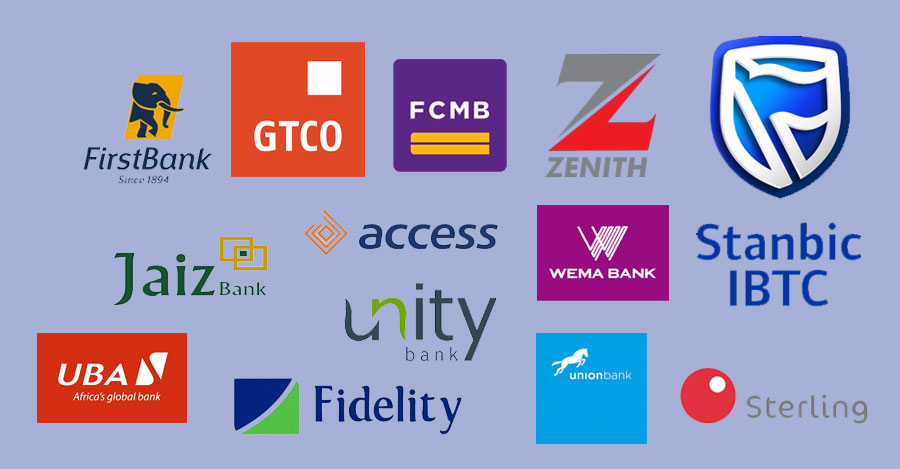Nigerian Financial Sector Recapitalisation Targets, in Countdown to CBN’s 2026 Deadline

Nigeria’s banking sector is in the middle of one of its most consequential transformations since the 2004 consolidation era. With the Central Bank of Nigeria (CBN) setting a 2026 deadline for new capital requirements, lenders are scrambling to strengthen their balance sheets, either by raising fresh funds or pursuing mergers and acquisitions.
At stake is not only compliance with regulation but survival in Africa’s largest economy, where the ability to absorb shocks and finance growth has become a matter of national importance. The recapitalisation exercise, which initially left a N4.1 trillion shortfall, has already seen banks raise about N2.8 trillion, with much of it from domestic investors.

Eleven institutions, including Access Holdings, Zenith Bank, GTBank, and Ecobank, have already met their thresholds. GTBank, for instance, lifted its capital above N500 billion after a N365.85 billion injection from its parent company, GTCO. UBA, Fidelity, and FCMB are still in the market, tapping rights issues, private placements, and divestments to close their gaps.
The CBN’s tiered requirements of N500 billion for international banks, N200 billion for national, and N50 billion for regional players, are forcing tough strategic calls. Nova Bank has chosen to remain regional, while Providus Bank is acquiring Unity Bank to scale up. Analysts at Agusto & Co. suggest most banks are on track, with capital raising proving less disruptive than feared.
But beyond balance sheets, the social and political undertones are clear. The bulk of funds have come from Nigerians, underscoring public trust at a time of economic strain. Analysts warn, however, that smaller banks risk being squeezed out in a wave of consolidation that could reshape access to credit for households and SMEs.
Consultants at McKinsey argue the exercise will ultimately produce stronger, more innovative institutions. Yet the human impact, whether on workers in merging banks, or communities reliant on smaller lenders, remains a question mark.
To Nigeria: the recapitalisation drive is about more than compliance. It is a stress test of confidence, resilience and ambition, one that will determine whether its financial system can power the journey toward a $1 trillion economy.









